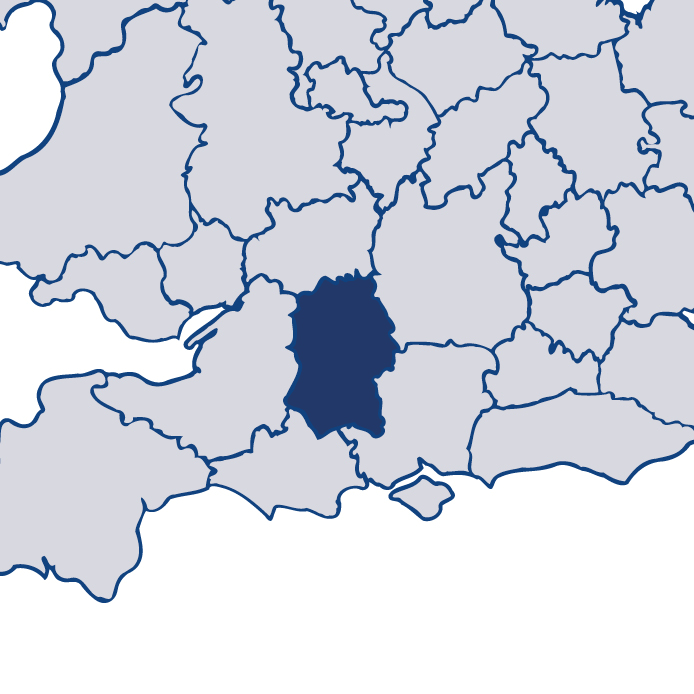Wiltshire 2018/19
Read more about WiltshireThis is HMICFRS’s fifth PEEL (police effectiveness, efficiency and legitimacy) assessment of Wiltshire Police. PEEL is designed to give you information about how your local police force is performing in several important areas, in a way that is comparable both across England and Wales, and year on year.
Wiltshire Police was inspected in tranche one and we found:
the extent to which the force is effective at reducing crime and keeping people safe is good.
the extent to which the force operates efficiently and sustainably is good.
the extent to which the force treats the public and its workforce legitimately is good.
Download the full report
PEEL: Police effectiveness, efficiency and legitimacy 2018/19 – Wiltshire Police
HMI's observations
I am pleased with most aspects of Wiltshire Police’s performance in keeping people safe and reducing crime. But it needs to improve its response to serious and organised crime, although extraordinary circumstances the force faced over the past year may have had an impact on its ability to demonstrate more consistent performance.
The force is good at preventing and investigating most types of crime. But while it understands the threat from serious and organised crime, it needs to adopt a more structured approach to tackling it. The force works effectively with other organisations to identify and protect vulnerable people.
The force understands its demand well. It uses this information to develop financial and workforce plans for the future.
Senior leaders ensure that the workforce understands the importance of treating the public and each other with fairness and respect. The force continues to promote well the standards of professional behaviour it expects.
I am encouraged by Wiltshire Police’s progress. I look forward to seeing more improvements over the coming year.
Effectiveness
How effectively does the force reduce crime and keep people safe?
Efficiency
How efficiently does the force operate and how sustainable are its services to the public?
Legitimacy
How legitimately does the force treat the public and its workforce?
Other inspections
How well has the force performed in our other inspections?
In addition to the three core PEEL pillars, HMICFRS carries out inspections of a wide range of policing activity throughout the year. Some of these are conducted alongside the PEEL inspections; others are joint inspections.
Findings from these inspections are published separately to the main PEEL reports, but are taken into account when producing the rounded assessment of each force's performance.






